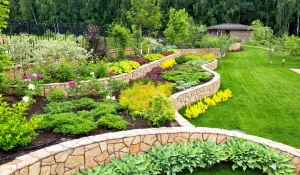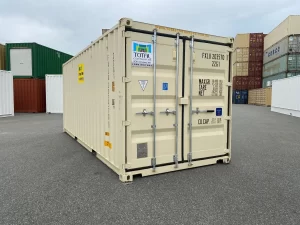Self Care Tips For Your Garden

A mother and her baby daughter pick fresh strawberries from their garden on a warm late summer morning at their home. Shot in Washington state.
Whether you are a novice gardener or a seasoned pro, there are many self care tips you can use to help you maintain your outdoor living space. These tips will also provide you with a few ways to save money and water your lawn and garden without harming the environment.
Plants serve as metaphors for human behavior
Across literatures and cultures, plants serve as a variety of metaphors. They provide reference points for similes, serve as surfaces for inscription, and facilitate conversations. They also inspire a variety of literature.
A “green man” story, for example, fosters wonder at the seasonal rebirth of nature. This mythic figure instills agricultural knowledge and values. However, this cultural norm can create dangerous zones for vulnerable people.
Modern literature, on the other hand, has often treated plant life as an inert relic. This has paved the way for more imaginative literary writing. But, as the rate of climate change increases, appreciation for plant-human relations becomes more urgent.
Natural and safe methods to deal with pest infestation or spread of weeds
Fortunately, there are many natural and safe methods to deal with pest infestation or spread of weeds in garden. The best approach is to use preventive measures. This includes keeping the landscape plants healthy and avoiding overgrazing. It also means maintaining good soil fertility.
Integrated pest management (IPM) involves identifying and understanding the pests that plague your garden. Using these strategies can help you to eliminate weeds and pests while conserving beneficial insects. It can also increase the efficiency of your farming operations.
The first step is to determine how many pests you have. You can do this by examining the condition of your yard, including any signs of disease activity. You should also record your observations and make note of the symptoms.
Collecting rainwater to conserve water
Using rainwater to conserve water in your garden is a good way to minimize your water bill. There are a few simple steps you can take to make this work for you.
First, look at the average rainfall in your area. This is usually derived from the weather station nearest you. This will give you an idea of how much water you can collect.
You can then calculate how many gallons you can collect by taking the square footage of your garden and multiplying it by the amount of rainfall in your area. For example, if your garden is 1,200 square feet, then you can collect about 600 gallons of rainwater.
Using herbs to season and garnish food
Using herbs to season and garnish food can be a great way to add flavour. These plants can be bought in stores or grown in your own garden. They are inexpensive and easy to grow. They also add visual interest to a dish. Having a few herb plants in your kitchen can help you to add flavor to foods without having to use salt.
Some of the most common cooking herbs include parsley, thyme and oregano. These are all used in small quantities to enhance the flavour of a dish. They can be chopped or added whole.
Parsley is a versatile herb that can be used in many dishes. It is often used in salads and as a garnish on finished dishes. The bright green leaves can make a dish look more attractive.
Avoid snakes in life’s garden
Using snake repellent plants in your life’s garden can be a great way to deter snakes from taking up residence. Some of these plants include cloves, onions, wormwood, lemongrass, and mother-in-law’s tongue.
These plants can be used in conjunction with other methods to make your yard less attractive to serpents. You may want to consider planting trees, shrubs, and other plants that provide a dense cover. These shrubs will serve as a good camouflage and help cool a snake’s skin in hot weather.
Another snake-friendly garden design is a pond. These aesthetically pleasing gardens provide a nice place to see frogs and lizards while also providing snakes with an overwintering habitat.







